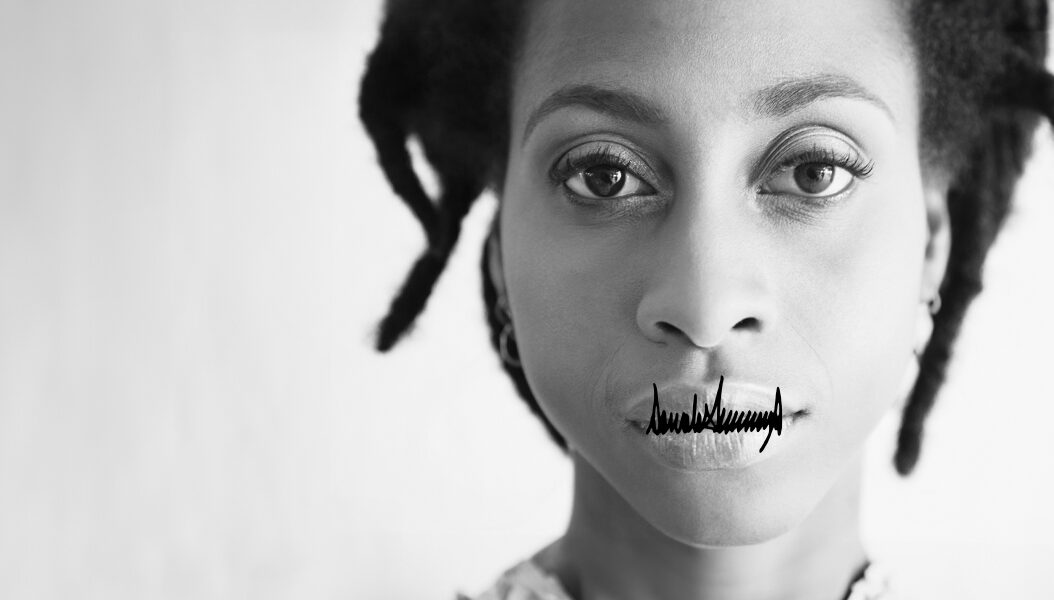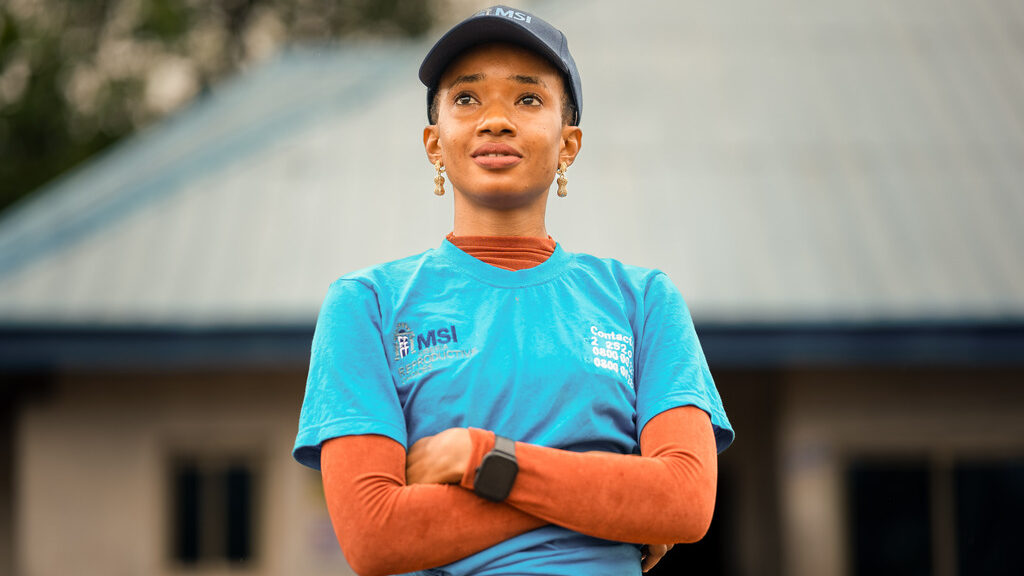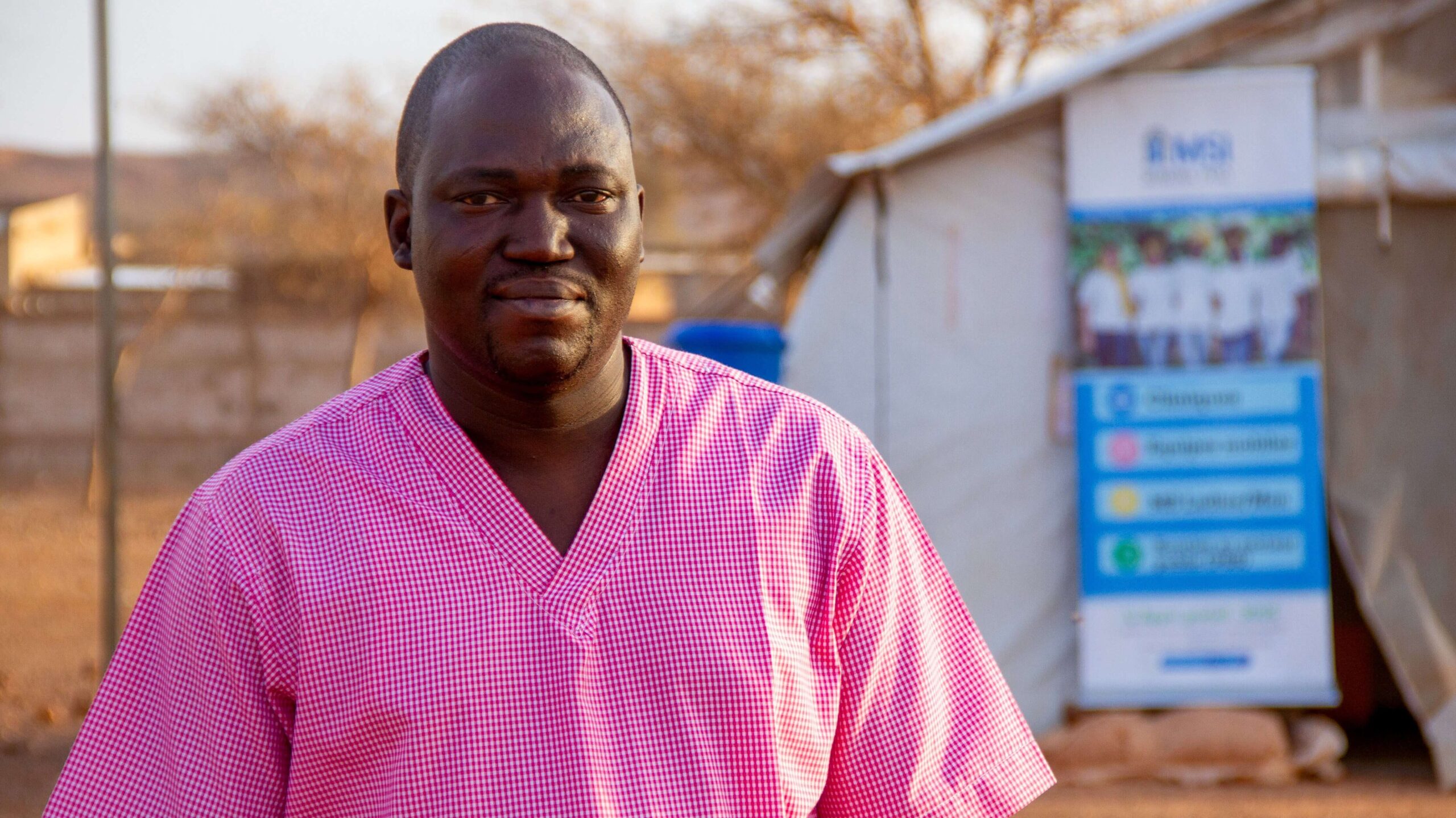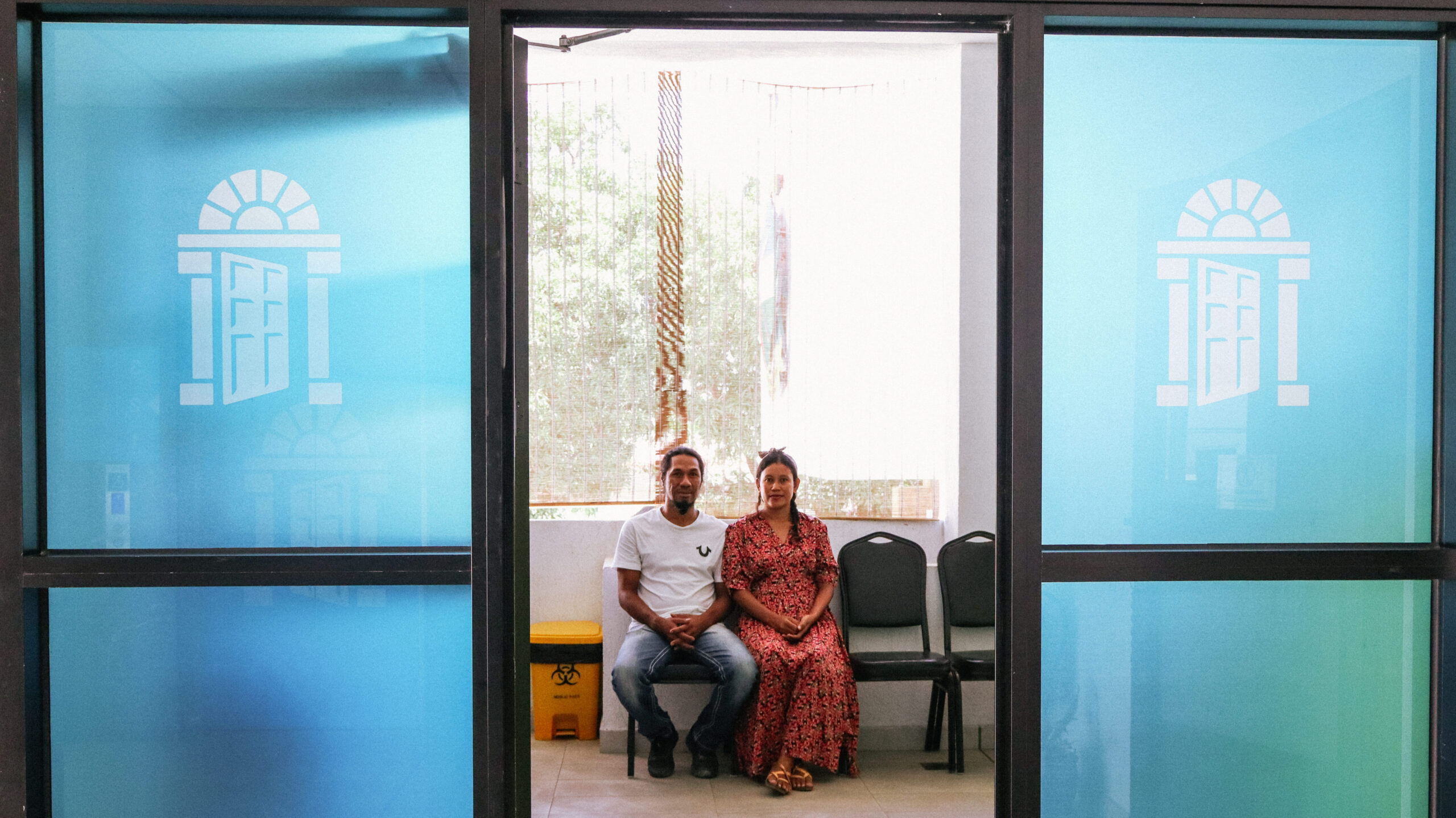
Over the past ten years, MSI has saved the lives of an estimated 300,000 women and girls.
Contraceptive and safe abortion services reduce the number of women who lose their lives as a result of pregnancy or childbirth complications, and the instances of people turning to unsafe methods to end pregnancies. Reproductive healthcare is life-saving.
But it’s not just about saving lives – it’s also changing lives. Reproductive healthcare and the choice of when or whether to have children improves families’ long-term health and wellbeing.
Three mothers share why contraception supports their health and family
Glory is 32 and a mother of nine. She didn’t receive an education, and makes money selling small meat parcels at the local market. At that local market, Glory heard the town crier announce that MSI was coming to provide family planning options. She wanted to find out more.
“I just came to listen to the counselling session, and that’s made me decide to take up a service. I have nine children and I don’t want more, I want a break, a rest, so I can attend to my work and other things.”
“I want the resources to make my children live healthy, be strong and be able to have meaning in life.”
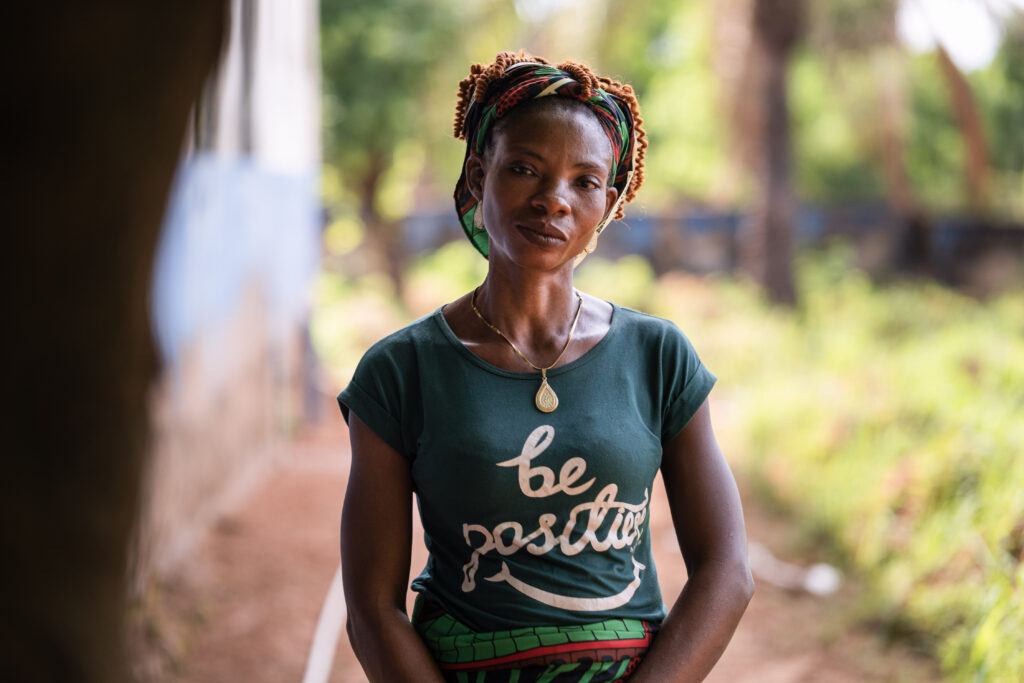
“I’ve seen so many people that contraception has favoured. It’s helping them to carry out their normal activities and have space between their children. Let me be like her, the woman who it has favoured.”
When Choukourya, now 22 and a mother of two, was growing up in Niger, she knew a woman in her community who became pregnant immediately after having her first child.
“Imagine having a child who is still breastfeeding and then having another one almost immediately…” she says. “There were many complications, she eventually lost her pregnancy, then got pregnant again right away, leading to another miscarriage. She experienced this five times.”
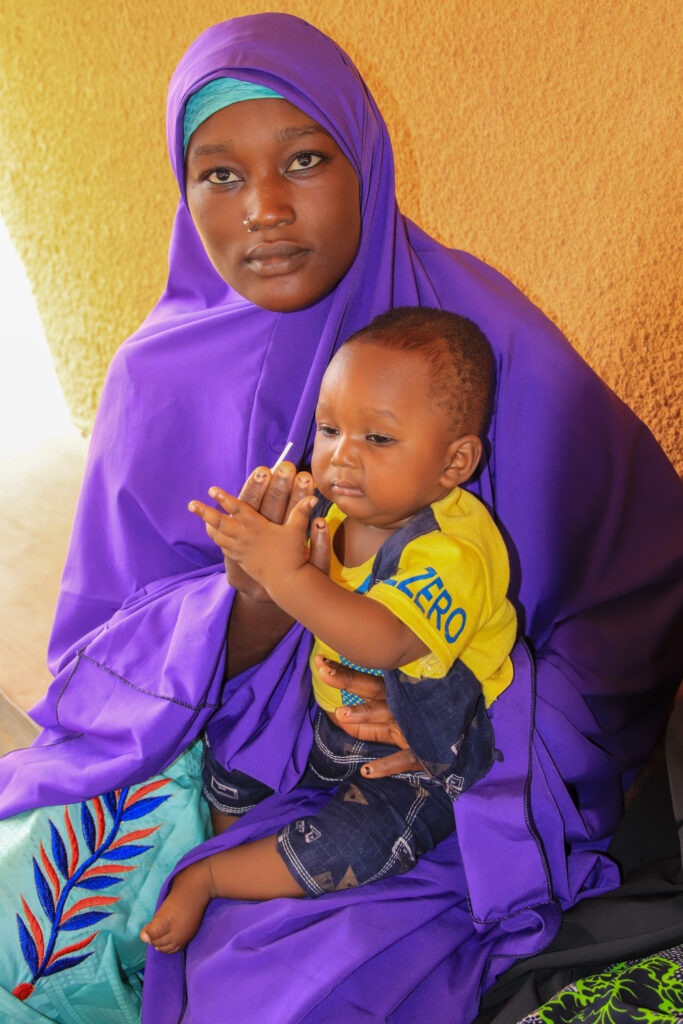
This is what compelled Choukourya to seek contraception immediately after having her first child, so she could space out her pregnancies and look after her own health and that of her child.
“MSI staff came to provide us with information, and it made sense to me. There is a two-and-a-half-year gap between my daughter and my son. These child-spacing methods are really helping us.”
Around 6000 kilometres away in Afghanistan, Ferhana is a mother with a similar point of view.
She uses a long-acting method of contraception to control when she gets pregnant. She sees that it gives her more opportunities for taking care of herself and contributing to her society. She is free to pursue her art, which brings her joy.
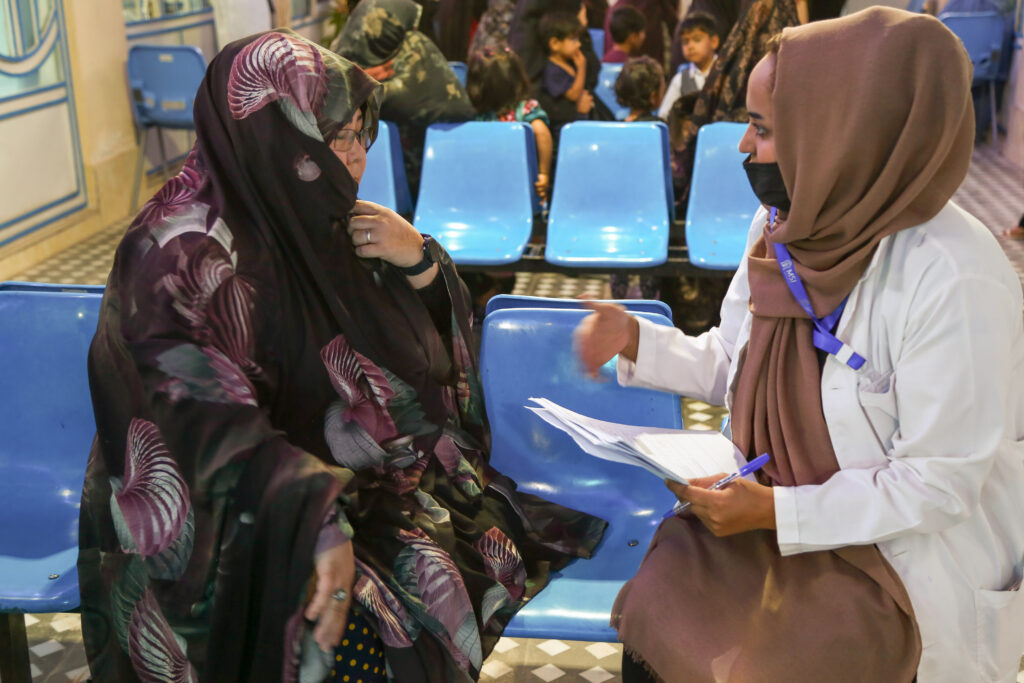
She hopes for these opportunities to be given to young women as well. “This way she would have more time for her life. More time for self-care. With such services [as contraception], we can better our lives.”
“A young woman has dreams and wishes. She cannot only give birth to babies.”
Ferhana turned to MSI’s contraceptive services to help her manage her children, their education, hygiene and health. She feels it has helped her to such an extent that she now tells women in her community to visit the clinic to discuss their options.
Everyone deserves to have a healthy family and a hopeful future.
That’s what MSI teams, working in some of the poorest, most remote or fragile humanitarian settings across the globe, are in pursuit of every day.
MSI clients building their own healthy families
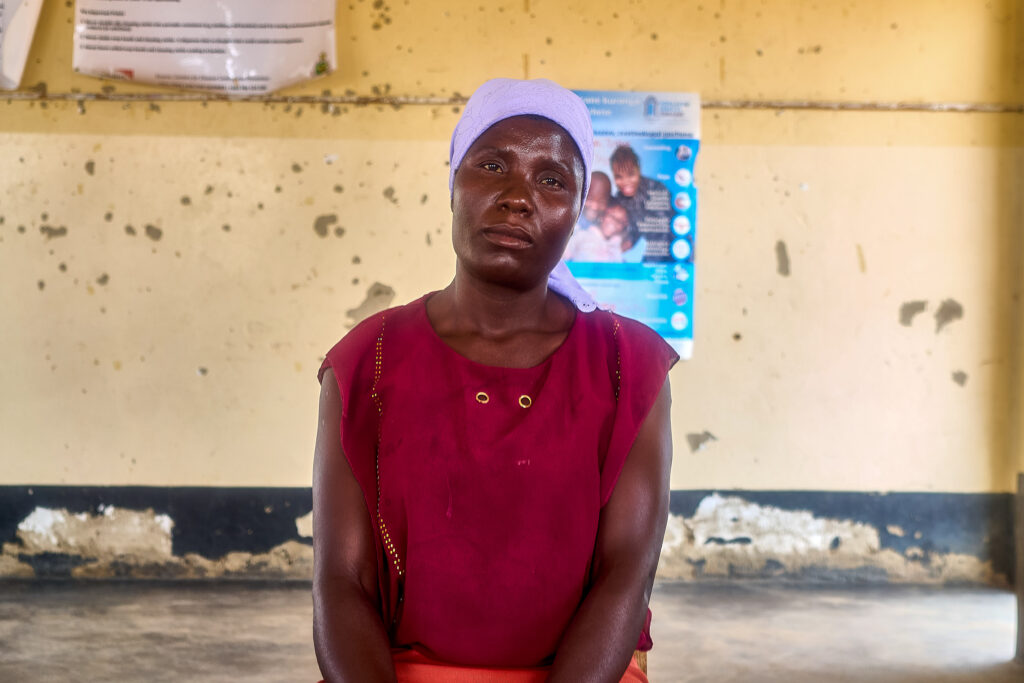
“[Using contraception] enables us to let our children grow, giving them adequate love and care.”
– Munashe, 34, Zimbabwe
“I have finished my studies and now I am able to raise my children to be healthy. I am concentrating on farming, and my children are doing well — they are healthy, and they study.”
– Sophia, 24, Tanzania
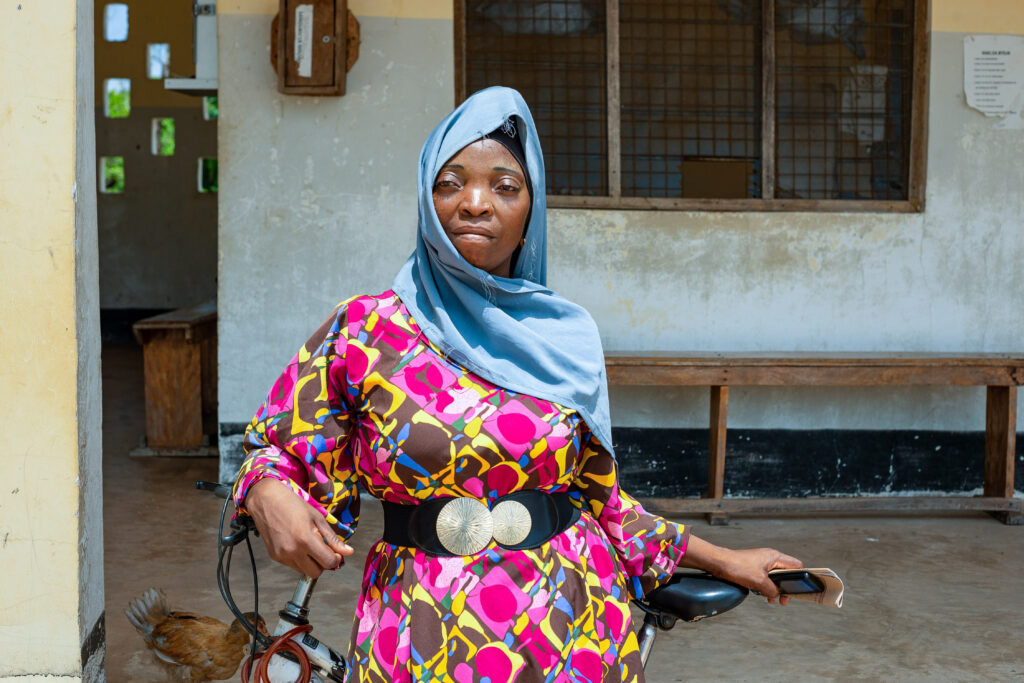
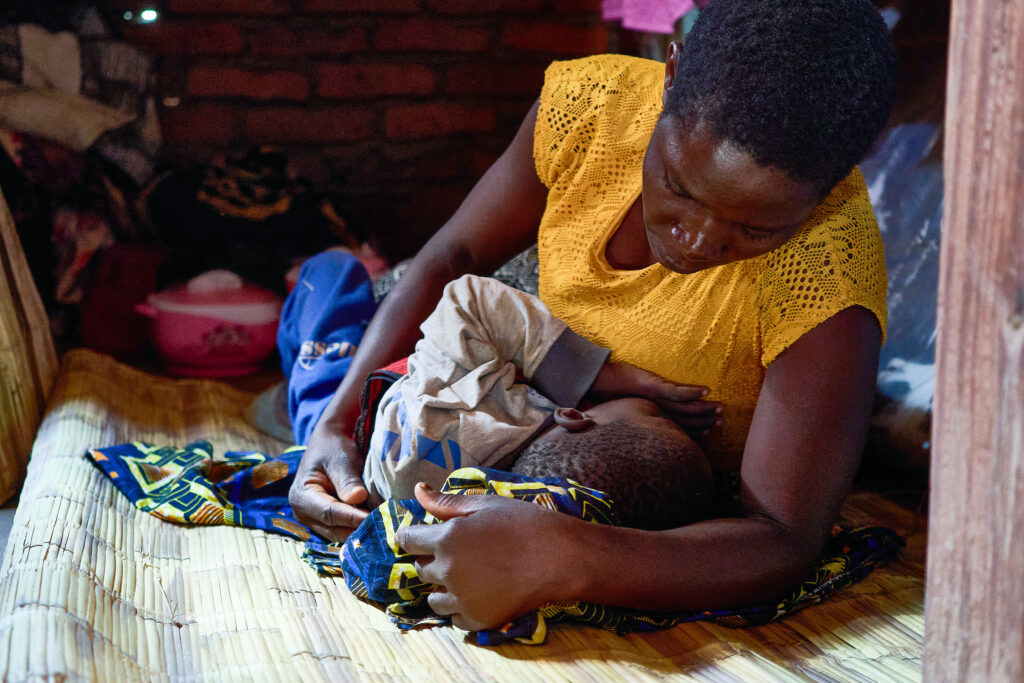
“I have a good, healthy life because I give my body enough time before giving another birth. Because of contraception, I have cultivated our land, I have constructed this house, we have bought cattle, we have enough food.”
– Anne, 34, Malawi
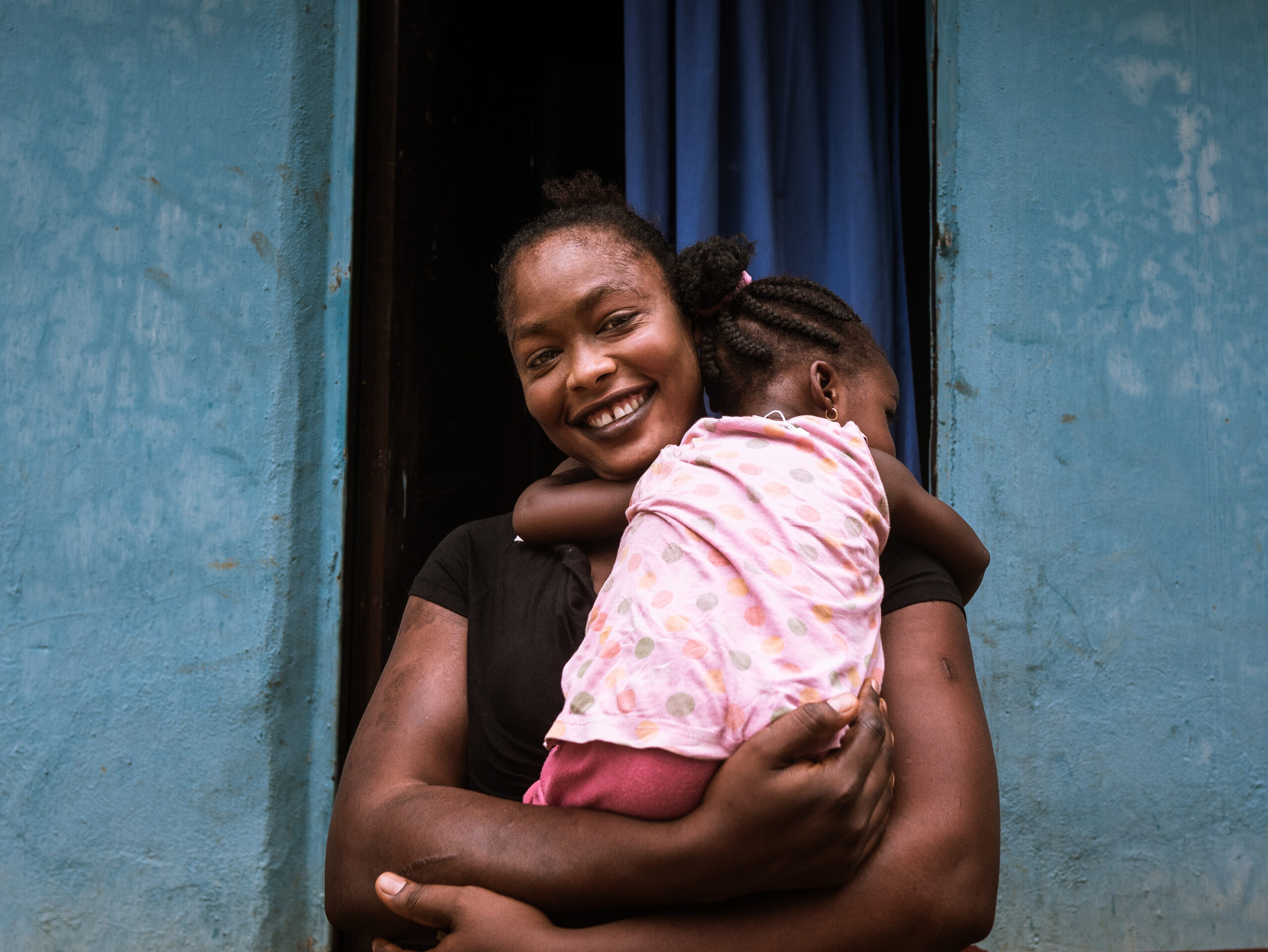
Donate for healthy families
Donate to our global programmes supporting families’ health and futures.
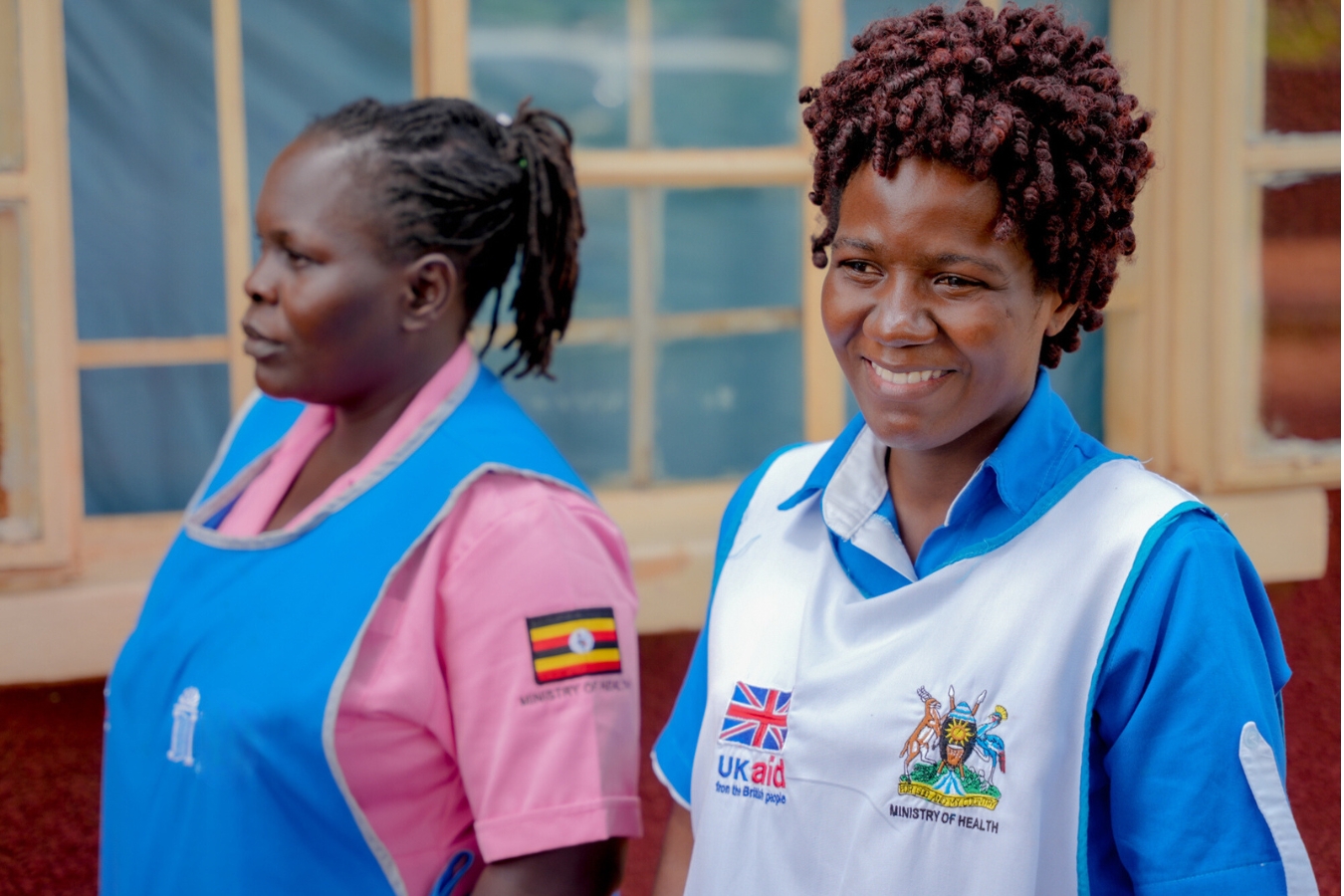
Partner with MSI
Together we can make a life-changing difference to millions of women worldwide.

Advancing gender equality
Learn how gender equality isn’t possible without reproductive choice.






